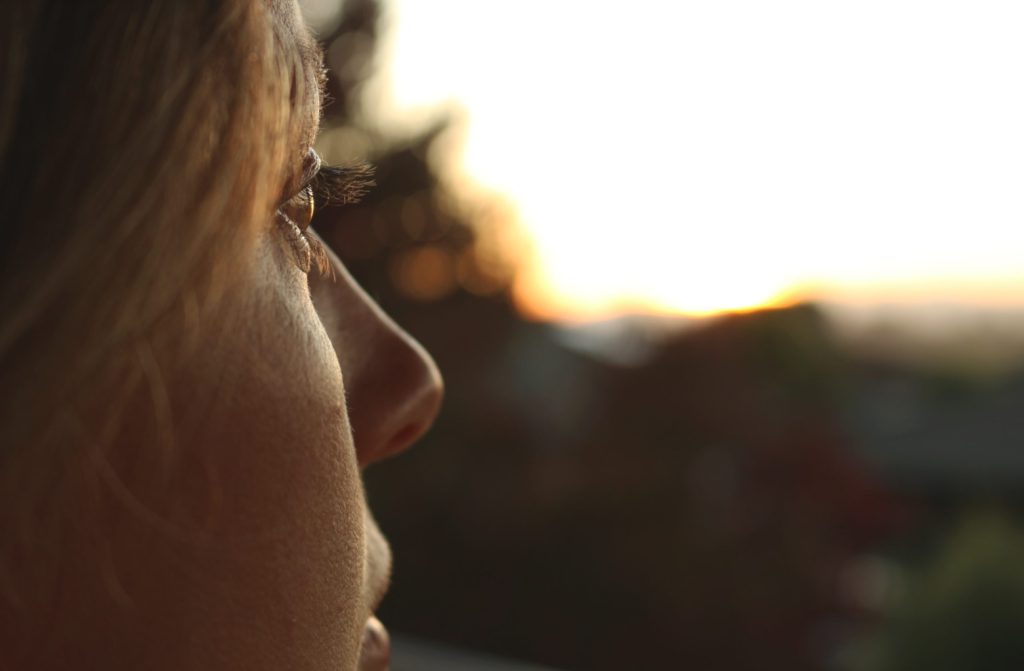Category
Helpful Links
- Home > Latest News > The survivors’ perspective: Informing policy and practice in the fight against child exploitation and abuse
A world-first research project led by Monash University experts is seeking perspectives from adult victims and survivors of child sexual abuse and exploitation, to inform and develop survivor-centred policy and practice.
The Survivor Perspectives on Institutional Use of Child Sexual Abuse Material Project is a collaboration between Monash University’s Artificial Intelligence for Law Enforcement and Community Safety (AiLECS) Lab at the Faculty of Information Technology and Bravehearts Foundation. The project is funded by the National Centre for Action on Child Sexual Abuse.
The project is the first to ask victims and survivors, whose abuse experience includes child sexual abuse material (CSAM), how they feel about the ways such material is handled and used after it comes into police custody.

The research team is seeking perspectives from victims and survivors, who are Australian residents over the age of 18, through an anonymous survey or one-on-one interviews.
The purpose is to better understand what victims and survivors need, and how they are impacted by the use of CSAM by police and other institutions. These sanctioned uses include ongoing law enforcement purposes, legal proceedings, research, and technology development to counter child sexual abuse and exploitation.
Project team member and AiLECS Research Fellow, Kelly Humphries, has a lived experience of child sexual abuse and has long been an advocate for those who cannot speak for themselves. This coupled with sixteen years of law enforcement experience has given her a rare insight.
“Victims and survivors of child sexual abuse very rarely have a voice, even more silent are those whose material has been recorded and depicted in online abuse (CSAM),” Ms Humphries said.
“We have not heard these voices and there is very little to tell us about what victims and survivors understand, feel and how they would like to be more clearly acknowledged where CSAM is used. We are talking about material depicting the abuse of children. It is complex, and deeply traumatic for victims and survivors.”
“What we can do is have the courage to ask. Putting the survivor voice at the centre and incorporating the collective lived experience of these voices is essential, it is healing, it is in itself a trauma-informed approach to best practice.”
The ultimate goal of the research is to aid in the incorporation of victim and survivor perspectives in the design and implementation of tools and processes that use CSAM during investigation or prosecution, or as data in broader crime prevention research, including development of technology solutions to counter such material.
Project Lead and AiLECS Co-Director Associate Professor Campbell Wilson said there has been an alarming increase of CSAM being reported over the past few years. The Australian Centre to Counter Child Exploitation received more than 33,000 reports of online child sexual exploitation in 2021 alone.
“Law enforcement agencies are putting significant effort into addressing this growing tide of CSAM through new and emerging technologies to make the world a safer place and counter this horrific crime,” Associate Professor Wilson said.
“What is missing is the voices of survivors within these processes. Their perspectives should influence the way institutions, like AiLECS interrogate, investigate and analyse material so that these processes can be made safer and more informed by lived experience.
“Through this project we are trying to build guidelines and recommendations that can, for the first time, give authorities an insight into what victims and survivors need within these processes, how they want to be included and what is significant for them in the way CSAM is utilised.”
The study will also undertake interviews and discussions, and engage with institutional users of CSAM, including support and advocacy organisations.
Bravehearts is a research partner for the Project. Bravehearts Director of Research Carol Ronken said the project speaks to their mission of a holistic approach to the prevention and treatment of child sexual abuse.
“Meaningful engagement with victims and survivors is a critical avenue for researchers to value and acknowledge the voices and views of victims and survivors of sexual abuse,” Ms Ronken said.
“After more than 25 years working in this space, I am so encouraged to see researchers reaching out and including those with lived experiences in the design of policies that are designed to prevent, detect and respond to child sexual abuse and, specifically for this project, child sexual abuse material.”
After gathering data from the surveys and various interviews the project aims to provide a final report including recommendations to the National Centre for Action on Child Sexual Abuse (the National Centre) by August 2024.
This research is supported and funded by the National Centre for Action on Child Sexual Abuse.
CEO Dr Leanne Beagley said the National Centre has invested funding in this important project to generate the knowledge and evidence needed to address a key issue: “that we currently don’t understand and respond fully to the needs of victims and survivors of child sexual abuse”.
“This is particularly important in relation to victims and survivors of online child sexual abuse, as we currently know very little about the impacts on, and views of, victims and survivors in relation to this crime,” Dr Beagley said.
“The National Centre will ensure this contemporary and timely research is mobilised in order to reach key decision makers so that future laws, services and policies meet current and emerging needs.”
AiLECS Research Fellow Ms Kelly Humphries and Co-Director Associate Professor Campbell Wilson from Monash University’s Faculty of Information Technology are available for interviews.
To access the anonymous survey or learn more about the project, please visit: https://survivorviewsresearch.info/
MEDIA ENQUIRIES
Teju Hari Krishna
T: +61 450 501 248 E: media@monash.edu
 BACK
BACK
